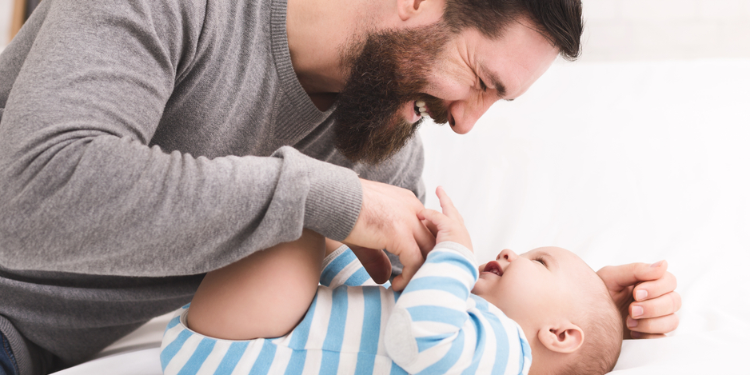
If you are working in Spain or planning to move to Spain, it is worth knowing that as from the 1st of April, fathers are entitled to eight months of paid leave on the birth of a newborn baby or the adoption of a child.
Immediately after the birth or adoption of the child, fathers will be entitled to a full two months leave at the same time as the mother. Fathers of children born or adopted on or after the 1st of April will be allowed to take eight weeks off which is now half of what mothers are entitled to. But Spain will not stop here. The aim is to achieve equality between both parents and this leave should increase to 12 weeks next year and 16 weeks in 2021.
Not only will fathers be entitled to more leave, but benefits received during the period of parental leave for both mothers and fathers will be exempted from tax. This also comes in with a retroactivity allowing parents who have benefited from parental leave in the last five years to claim what they have paid in taxes during the period of leave.
This moves comes with the increasing effort from the European Union (EU) to push for a more active role of the father in childcare and housework, therefore giving some leeway to mothers to have a more active role in the labor market. With this in mind, the EU has been working on a new directive on work-life balance and the text has been approved by the Parliament's Employment and Social Affairs Committee in February 2019. Although there are a few steps before this new framework is implemented, the EU hopes that this will make progress between EU member states more uniform. It is worth noting that only 10 EU member countries have well established paternity leave.
Amongst countries having solid parental leave are -without surprise- several Nordic countries which usually are gender equality policy champions. In Iceland, both mothers and fathers are entitled to three months paid leave right after the birth of the child and can split an additional nine months after that. Research has shown that after the implementation of this policy, women returned to work quicker and men become more involved in housework.
In Sweden, each parent can take up to 240 days off with their newborn or adopted child. Both the mothers and fathers are required to take at least 90 days with the rest being transferable to their partners. Sweden has the longest paid parental leave worldwide.



















